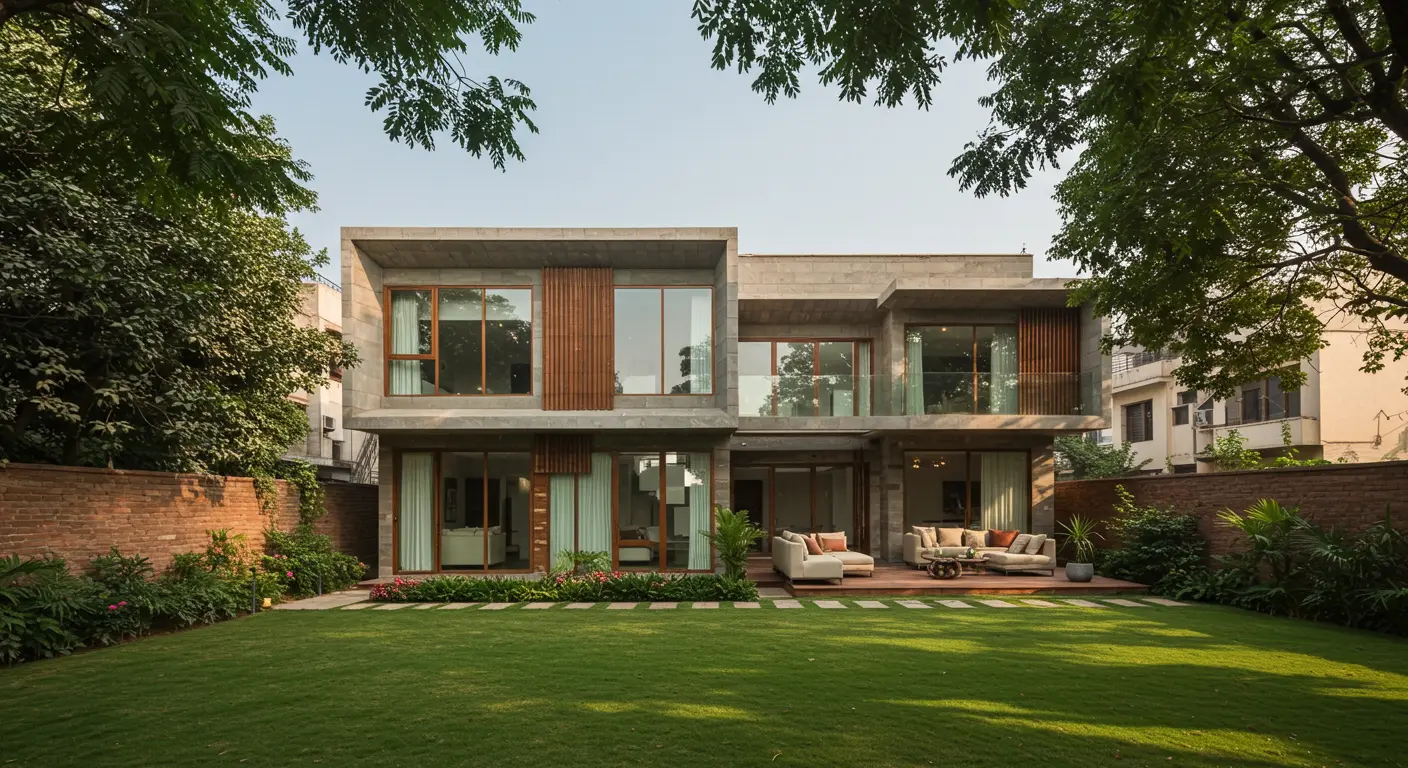Introduction
With Delhi’s booming rental market, tenants often face sudden rent hikes or pressure from landlords to pay more. But can landlords legally increase rent arbitrarily in Delhi? The answer depends on whether your property falls under the Delhi Rent Control Act (1958) or a newer rental agreement. In this guide, we break down tenant rights, legal rent increase limits, and steps to fight unfair demands.
Key Takeaways
✅ Rent increases in Delhi are regulated by law for properties under the Delhi Rent Control Act.
✅ Landlords cannot raise rent beyond 10% annually for most older properties.
✅ For newer agreements (post-2023), check your contract terms.
✅ Tenants can challenge illegal hikes via the Rent Controller Court or legal notice.
1. What Does the Delhi Rent Control Act Say About Rent Hikes?
The Delhi Rent Control Act (DRCA), 1958, protects tenants in older properties (built before 1998) from arbitrary rent increases. Here’s how it works:
A. Rent Limits for Older Tenancies
- If your tenancy started before December 2019 and the property is covered under DRCA:
- Landlords cannot increase rent beyond 10% annually without a valid reason (e.g., property renovations).
- The rent must align with the “standard rent” fixed under the Act.
- Example: If your rent is ₹20,000/month, the maximum annual increase is ₹2,000 (10%).
B. Exceptions to the Rule
Landlords can propose higher increases only if:
- They’ve made significant structural improvements (with proof).
- The tenant voluntarily agrees to the hike in writing.
2. Newer Properties & Rental Agreements (Post-2023)
For properties built after 1998 or newer rental agreements, the Delhi Rent Control Act does not apply. Here, rent terms depend on your rental agreement:
- Landlords can increase rent as per the terms in your contract.
- However, any hike must follow reasonable notice (typically 30–90 days) and mutual consent.
⚠️ Beware: Even in newer agreements, landlords cannot force arbitrary hikes without proper notice or violating the contract.
3. How Much Notice Must a Landlord Give Before Raising Rent?
- For DRCA-covered properties: 30 days’ written notice is mandatory.
- For newer agreements: Check your contract terms. Most require 1–3 months’ notice.
If your landlord demands a sudden hike without notice, it’s illegal.
4. What If Your Landlord Asks for an Unfair Rent Increase?

Step 1: Send a Legal Notice
Draft a formal reply citing the Delhi Rent Control Act or your rental agreement terms. Use phrases like:
“As per Section 6 of the Delhi Rent Control Act, the proposed increase exceeds the legally permissible 10% limit.”
Step 2: Approach the Rent Controller Court
File a complaint with the Rent Controller (Delhi) if the landlord persists. The court can:
- Restrain the landlord from demanding excess rent.
- Fix a “standard rent” if not already determined.
Step 3: Consider Civil Court (For Newer Properties)
If your property isn’t covered under DRCA, approach a civil court for breach of contract.
5. Recent Updates (2023–2024)
- Delhi High Court Guidelines (2023): Emphasized that landlords must follow due process even for newer agreements.
- Digital Rent Agreements: Use platforms like NIC to register agreements and avoid disputes.
FAQs: Tenant Rights in Delhi
Q1. Can a landlord increase rent during the tenancy period?
Yes, but only with proper notice and within legal limits (10% for DRCA properties).
Q2. What if I refuse to pay an unfair rent hike?
The landlord cannot evict you without a court order. Stand your ground and seek legal help.
Q3. How do I check if my property is under the Delhi Rent Control Act?
Properties built before 1998 and rented before December 2019 are generally covered.
Conclusion
While landlords in Delhi have certain rights, tenants are protected by law from arbitrary rent increases. Always:
- Review your rental agreement.
- Negotiate hikes politely but firmly.
- Seek legal aid if pressured.






